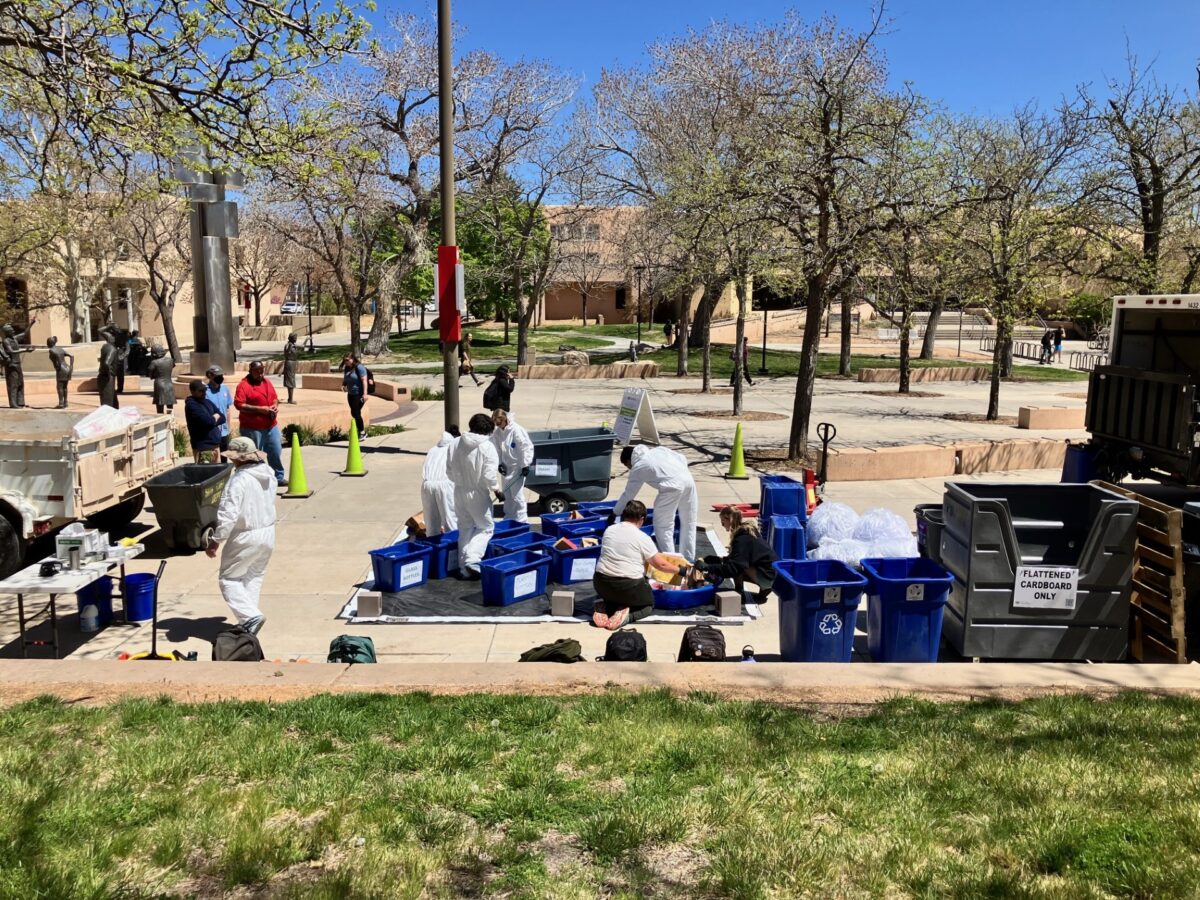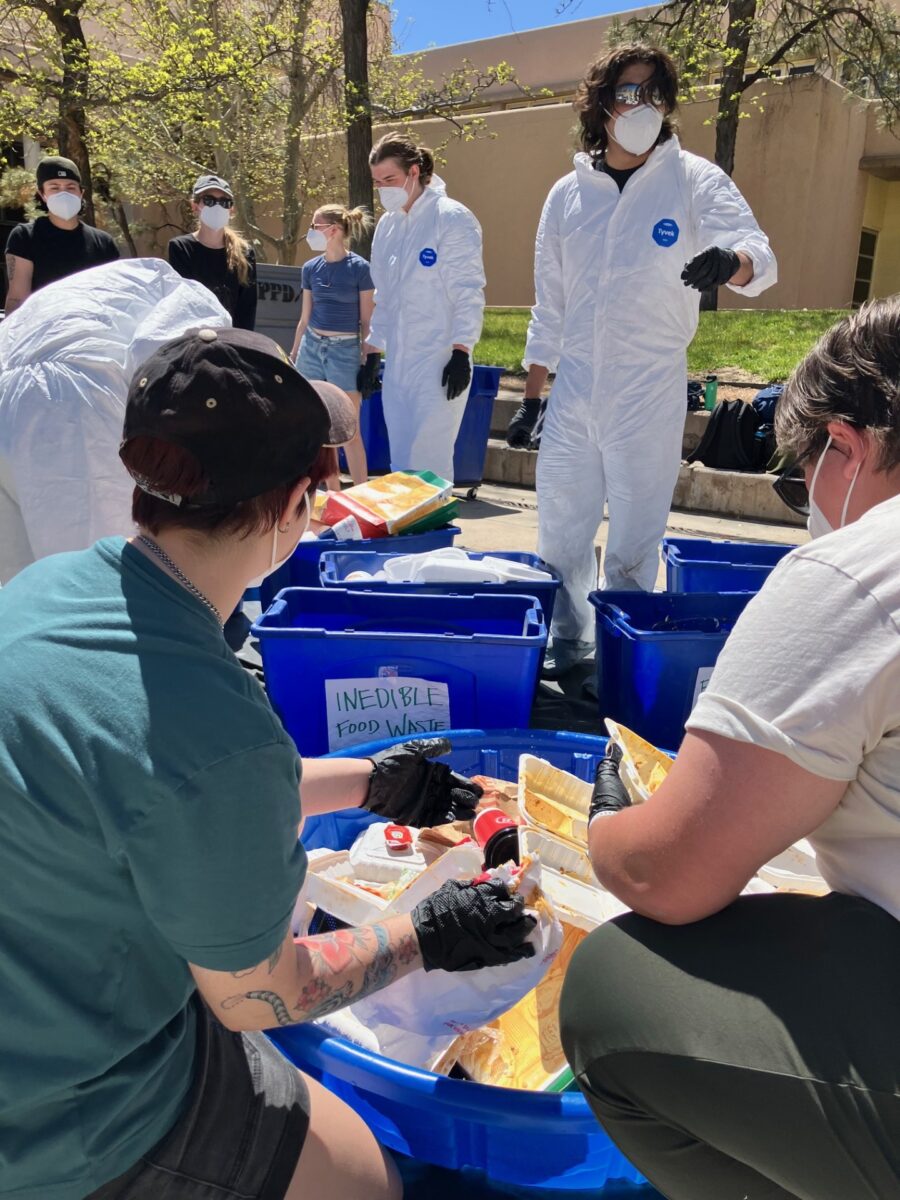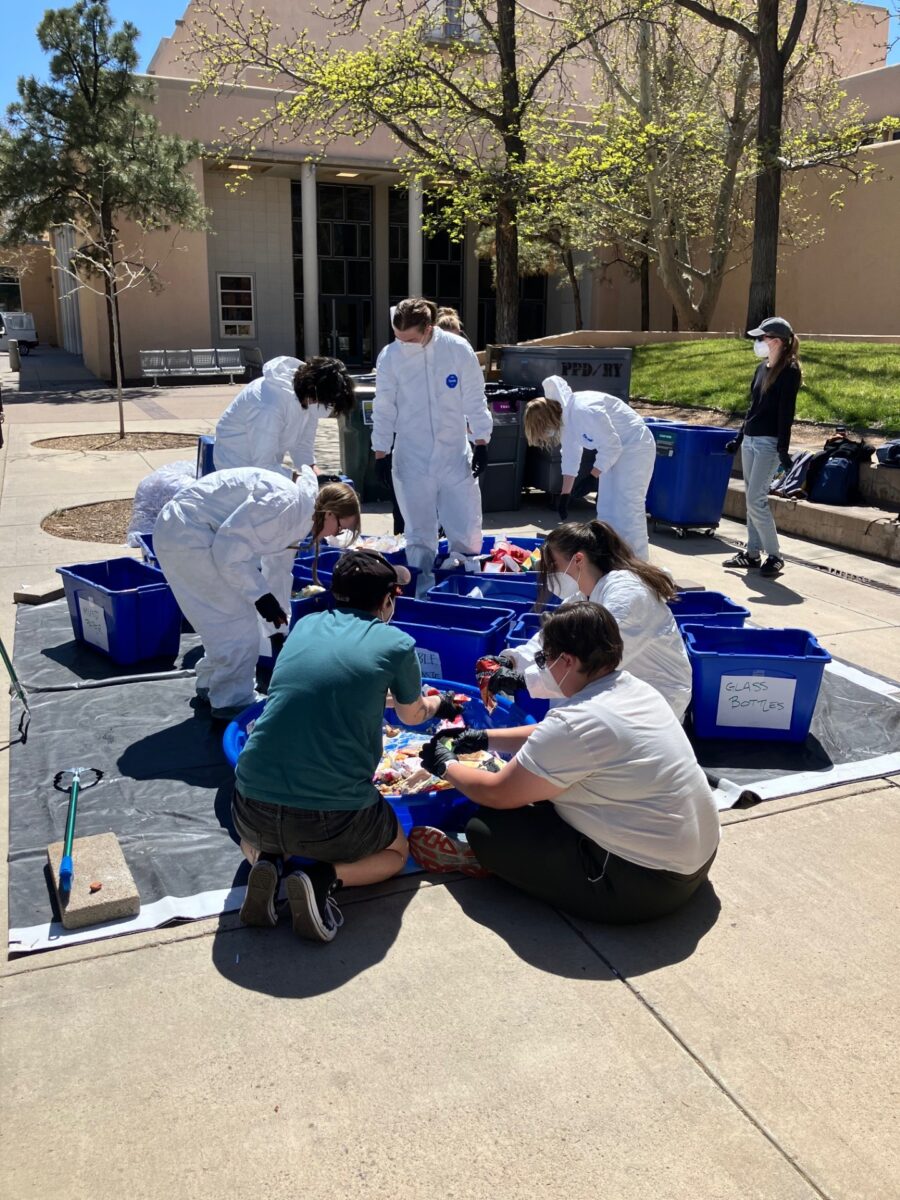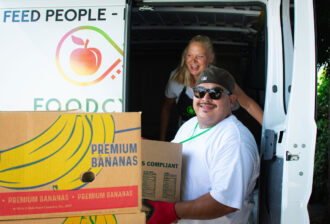About this project
Adaptive, stakeholder driven approach to reducing food insecurity and waste at Hispanic Serving Institution University of New Mexico campuses (FLW24-010)
Dr. Eva Stricker, University of New Mexico - $500,702
To reduce student food insecurity and empower community-minded graduates from diverse socio-economic contexts, students at each University of New Mexico main and branch campus will inventory food waste, implement projects, evaluate waste reductions, then scale a single strategy across all campuses, and evaluate and share best practices.

The SARE project will demonstrate that undergraduate students can be empowered to assess problems, implement appropriate actions, evaluate responses, and cross-pollinate to scale up promising solutions to address food insecurity and food waste. The focus of this effort is on New Mexico, a state with a high proportion of rural residents and highly diverse demographics. As such it can be a model for students and stakeholders finding innovative strategies within limited resources to meet the needs of traditionally underserved communities.
A major challenge for higher education is the disproportionate number of students who experience food insecurity. At the same time, recent studies have identified that food waste is a major component of waste generated from the student union building on the main campus. Thus, there is a critical need to 1) decrease student food insecurity and food waste, and 2) empower students to plan, implement, and evaluate interventions in their community that can meet their communities’ basic needs while reducing food waste and loss.


